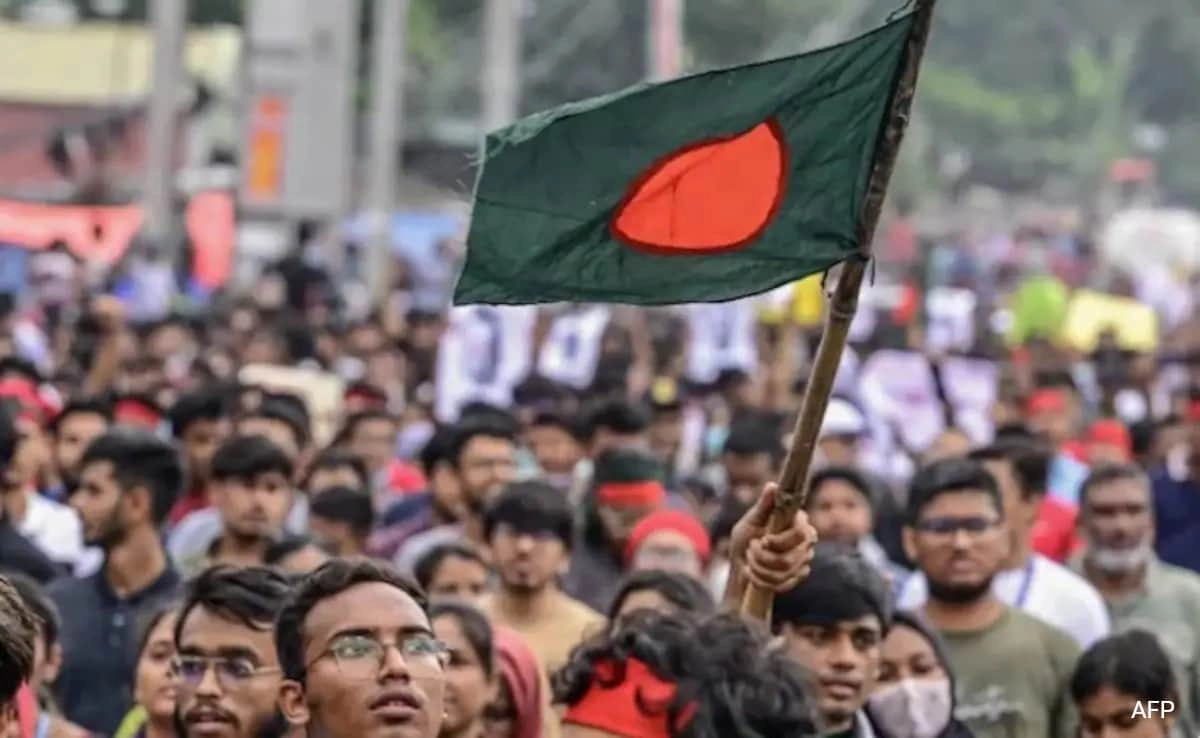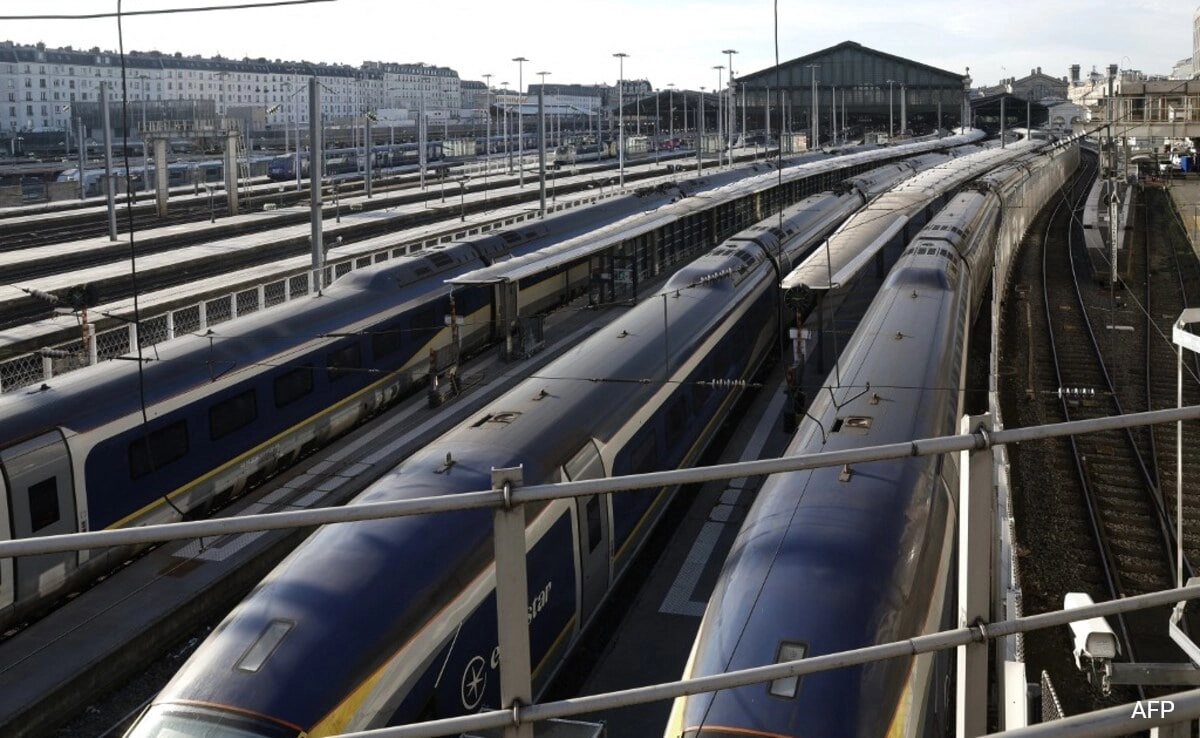As Bangladesh approaches the highly anticipated elections in February, led by the prominent figure of Nobel laureate Muhammad Yunus, the nation is bracing itself for a series of complex challenges. The political landscape in Bangladesh has long been marked by intense rivalry, particularly between the ruling Awami League and the opposition Bangladesh Nationalist Party (BNP). The upcoming polls are not only significant for their potential to reshape the country’s political future but also highlight deep-seated issues that could impact their fairness and integrity. These elections represent a critical juncture, as they will test the resilience of democratic processes in a country that has experienced political turmoil and unrest.
One of the foremost challenges facing the electoral process is the pervasive atmosphere of political tension and violence that often accompanies elections in Bangladesh. In previous electoral cycles, instances of voter intimidation, violence, and electoral fraud have raised serious concerns regarding the legitimacy of the democratic process. As Yunus prepares to lead his party into the fray, there are apprehensions about whether the electoral environment can be safeguarded against such disruptions. Ensuring a peaceful and fair election atmosphere is paramount to restoring public trust in the electoral system and encouraging broader participation among voters.
Additionally, economic challenges loom large as Bangladesh grapples with the effects of global inflation and supply chain disruptions. The country has made significant strides in economic development over the past few decades, but the recent global economic downturn has posed new threats. With rising prices for essential goods and services, voters may prioritize economic stability over political affiliations, thereby influencing the outcome of the elections. Yunus, known for his focus on social business and poverty alleviation, will need to address these pressing economic concerns while articulating a vision that resonates with the electorate.
Moreover, the role of social media and technology in shaping public opinion cannot be overlooked. As digital platforms increasingly become a primary source of information for voters, the impact of misinformation and propaganda is a significant concern. The potential for manipulation of narratives and the spread of false information could undermine the electoral process. Yunus and his party must navigate this digital landscape carefully, employing strategic communication to engage with voters and counter any adverse narratives that may arise. Ultimately, the upcoming elections in February will serve as a litmus test for Bangladesh’s democratic maturity and its ability to confront these multifaceted challenges head-on.




